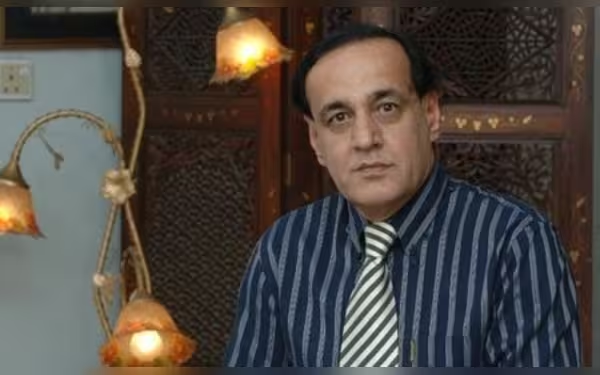Sunday, June 30, 2024 06:37 PM
International Court of Justice Urges Israel to Halt Military Operation
- ICJ calls for ceasefire in Gaza to protect civilians
- Israel mandated to increase aid to Palestinians in Gaza
- Enforcement of ICJ ruling relies on international cooperation
 Image Credits: dailythepatriot
Image Credits: dailythepatriotThe International Court of Justice urges Israel to halt military operations in Rafah, emphasizing civilian protection and aid increase. The ruling highlights the need for international cooperation to address the Gaza conflict.
The International Court of Justice has issued a call for Israel to halt its military operation in Rafah, expressing concerns over the destruction of neighborhoods and displacement of civilians. The court emphasized the importance of protecting civilian lives and allowing for a UN-backed commission to investigate allegations of genocide in Gaza.
In a significant move, the court also reiterated its previous ruling that Israel must increase aid to Palestinians in Gaza, reflecting a growing impatience with Israel's actions in the region.
South Africa initially requested an end to the offensive in Rafah but later expanded its plea for a complete ceasefire in Gaza. Despite the court's orders, reports of Israeli air raids in Rafah emerged shortly after the ruling.
The ICJ mandated Israel to open the Rafah crossing for unrestricted aid delivery, a directive that carries legal weight. While some may have hoped for a full ceasefire order, the ruling marks a significant step towards addressing the ongoing conflict.
Hamas welcomed the ICJ's decisions, condemning Israel's actions in Gaza and calling for international pressure for compliance. Israeli officials, on the other hand, have responded defiantly, accusing the court of supporting terrorism.
Enforcement of the ICJ's ruling hinges on member states fulfilling their international obligations and potential action by the UN Security Council. While the court's orders are legally binding, the historical US veto power has shielded Israel from accountability for violating international law.
The recent ICJ hearing aimed to increase pressure on Israel to end its military campaign in Gaza, shedding light on the humanitarian crisis in the region. The court's rulings will be deliberated at the UN Security Council, where states may contemplate united action to ensure compliance.
On a related note, the US recently vetoed a resolution seeking UN membership for Palestine, underscoring the intricate dynamics at play in the region.
The International Court of Justice's call for Israel to halt its military operation in Rafah and the subsequent rulings underscore the urgency of addressing the conflict in Gaza. With international pressure mounting, the need for a peaceful resolution to the crisis becomes increasingly apparent. The decisions made by the ICJ and the responses from involved parties will shape the future of the region, highlighting the importance of upholding international law and promoting peace.













